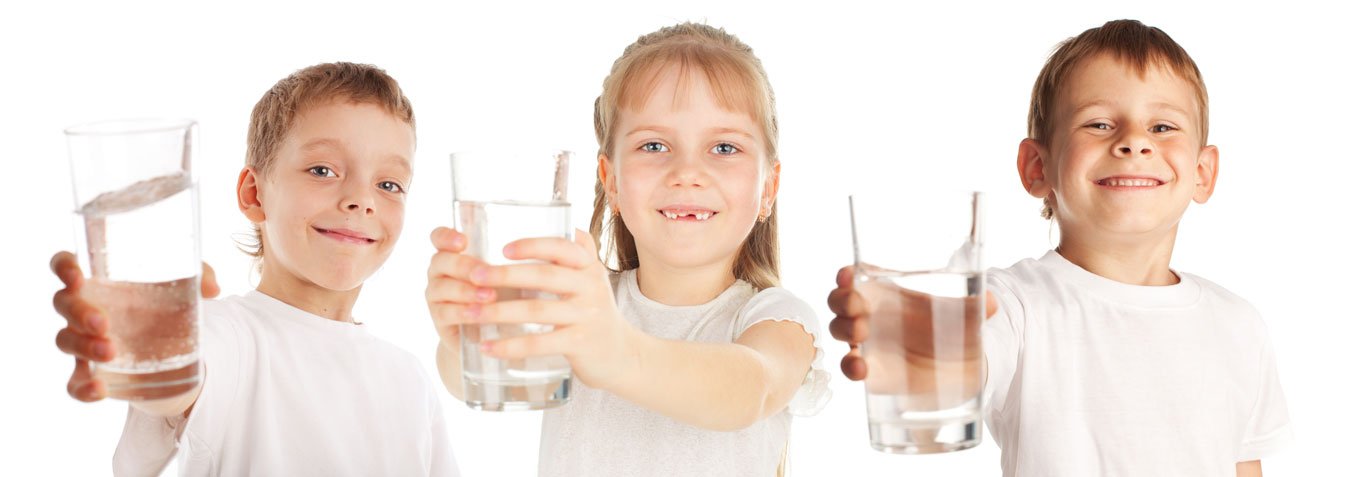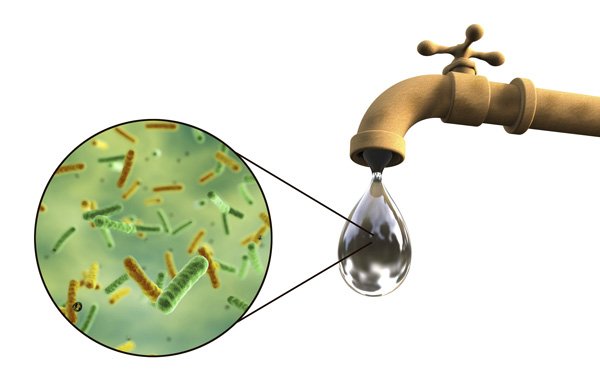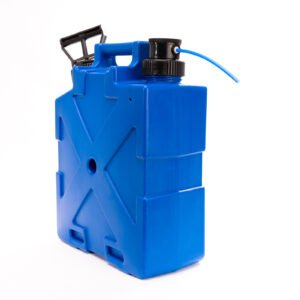Clean, Drinkable Bacteria Free Water Is A Necessity For The Wellbeing Of The Human Race
Clean, drinkable water is a necessity for the well being of the human race. Water quality is becoming an increasingly challenging problem in the world community. The shortage of drinking water is a big problem, but various kinds of pollution are degrading the available water quality. Various kinds of pollutants are tainting water around the world. The problem of keeping existing water sources clean and finding new ways to clean tainted water to make it safe for governments and scientists around the world are studying drinking.
How can we help to provide safe drinking water from tap?

Too many people use water for too many things. If the people in the area use the lake for bathing in, to wash clothes in, to water cattle in, and to dump waste in, in no time the lake will quickly become polluted. Add industrial and farm runoff and the problem become even worse. Our water sources need to be carefully managed to protect water quality.
Water will become unsafe when bacteria and microorganisms get into the supply, rendering it unsafe for human consumption. Bacteria can be introduced into a water supply by farm runoff, sewage dumping or spills, natural disasters like floods, earthquakes, and hurricanes, runoff from roads or parking lots, and overuse for humans and animals bathing.
Industrial chemicals and pesticides can endanger the health of anyone drinking the water they taint. The world water supply is limited, so when its water quality is degraded to be unsafe to use, there is nowhere to go for more: no water to drink, no human race.
Lets try to reduce the pollution into our environment.
There is a vast bottled water industry in the world today. People worldwide are becoming so unsure of the safety of their drinking water supplies, and they choose to purchase bottled water that has a perception that the water quality is of a safe standard.
The bottled water industry is essentially self-managed, with only limited guidelines and obligations regarding the standards they need. In a few developed countries, bottled water can be filled unfiltered straight from the tap or groundwater (spring water). Have a look at your state or country regulations to see what I mean.
That is a solution for people who have access to bottled water and the money to purchase it, but what about those who are too poor to buy bottled water?
Ultimately, the best solution would be to make the international effort to educate people on how to clean up polluted water sources and keep water quality at safe levels. Local populations, farmers, industries, and governments all must cooperate to keep the world’s water clean and drinkable.
Is this dream achievable? It is, without question, extraordinarily challenging. Protozoa’s bacteria, viruses are growing at rapid rates around the world, not only infecting humans but also wild animals. These wild animals inadvertently contaminate our waterways by animal excrement or dead and rotting carcasses in our waterways.
Science must find better ways to purify drinking water that even the poor can afford.
Fortunately, a company Sure Aqua based in Sydney, Australia, has discovered a cost-effective way to provide portable safe drinking water for the masses at less than 1 cent a liter.
They have harnessed membrane technology to filter bacteria, protozoa’s, and viruses out of water. It filters down to 0.01 microns. This is a minimum five times smaller than the smallest virus and 100 times smaller than bacteria and protozoa’s.
Do yourself a favor and take a look at this scientifically proven product. They don’t distort the scientific results. It actually works and has been proven over and over again in the field.




